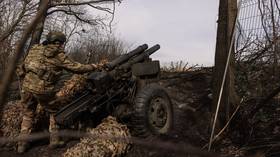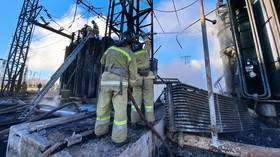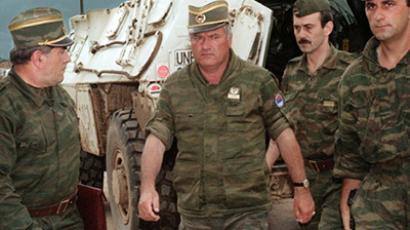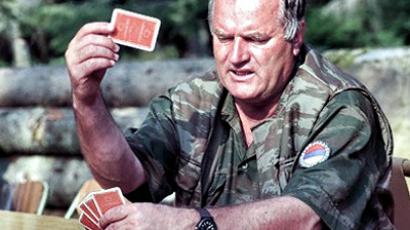Mladic won’t live to see Hague trial - lawyer
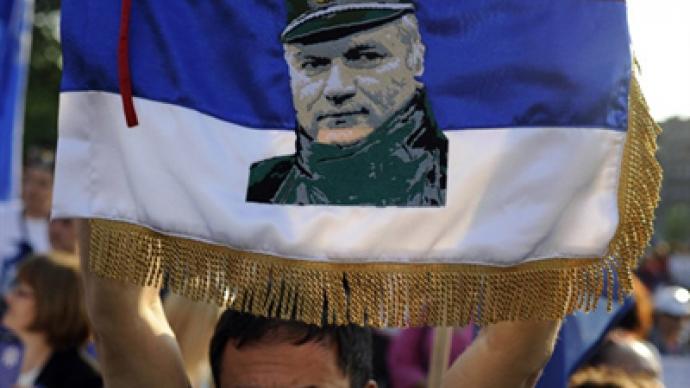
Lawyers of the former Bosnian Serb general Ratko Mladic have lodged an appeal against his extradition to the Hague as they are afraid he might fail to live to the trial. Meanwhile thousands protest Mladic arrest in Belgrade.
Attorney Milos Saljic asked on Monday for a battery of doctors to examine the 69-year old Mladic who was arrested last week after 16 years on the run. Mladic is said to have suffered at least two strokes.Mladic, one of the world's most wanted men, faces charges of genocide and war crimes where judges say there was evidence of "unimaginable savagery".Despite the grave charges Mladic faces, his lawyers insist he is so ill he won't live to see the start of his trial on genocide charges. Public prosecution believes the only concern of the appeal is to gain time and to arrest legal proceedings. “Mladic is employing delaying tactics and nothing should prevent his extradition to the International War Crimes court in the Hague,” stated Vekaric, Serbia's deputy war crimes prosecutor.Earlier, the Hague Tribunal stated that all the special conditions could be provided for Mladic, who is to be extradited to the Hague within seven days.Mladic will probably be housed at the International Criminal Court's detention centre, located within a Dutch prison complex in Scheveningen, on the outskirts of the Hague.Mladic faces life imprisonment if tried and convicted of genocide and other charges. Mladic's arrest has been a lot of help in rehabilitating the image of Serbia as a pariah state that sheltered men responsible for the worst atrocities of the Balkan wars of the 1990s.Meanwhile in the Serbian capital of Belgrade, clashes continue. Several thousand protesters rallied outside the parliament building on Sunday night demanding Mladic’s release. Rioters overturned rubbish bins, broke traffic lights and set off firecrackers during the demonstrations.The demonstrators, who consider Mladic a hero, said that Serbia should not hand him over to the United Nations war crimes court in the Hague.
Bob Wareing, a former Chairman of the All-Party British-Yugoslav Parliamentary Group, told RT that the way the western media presented the Balkan conflict had an influence on the protesters’ mood. “I understand well why the Serbian people are demonstrating against the arrest of Mladic because of course they are accustomed to the fact that the western media always gave Serbia a bad name during the conflict,” he said. Bob Wareing hopes that Ratko Mladic will get a fair trial, though he believes that it is very difficult to be completely objective.
According to foreign policy analyst Bojan Brkic, many Serbs do not consider the Hague tribunal to be “unbiased and fair”. “People here are skeptical about some of the practices of the Hague tribunal and some of its records, for instance, because Slobodan Milosevic, the late president of Yugoslavia and Serbia actually died in prison without the conviction, then some notorious war criminals that are generally acknowledged as war criminals in Serbia like Ramush Haradinaj from Kosovo, like some Bosnian Muslim commanders have actually been acquitted after the sudden death of witnesses or after the tribunal simply concluded there was not enough evidence,” he said.



